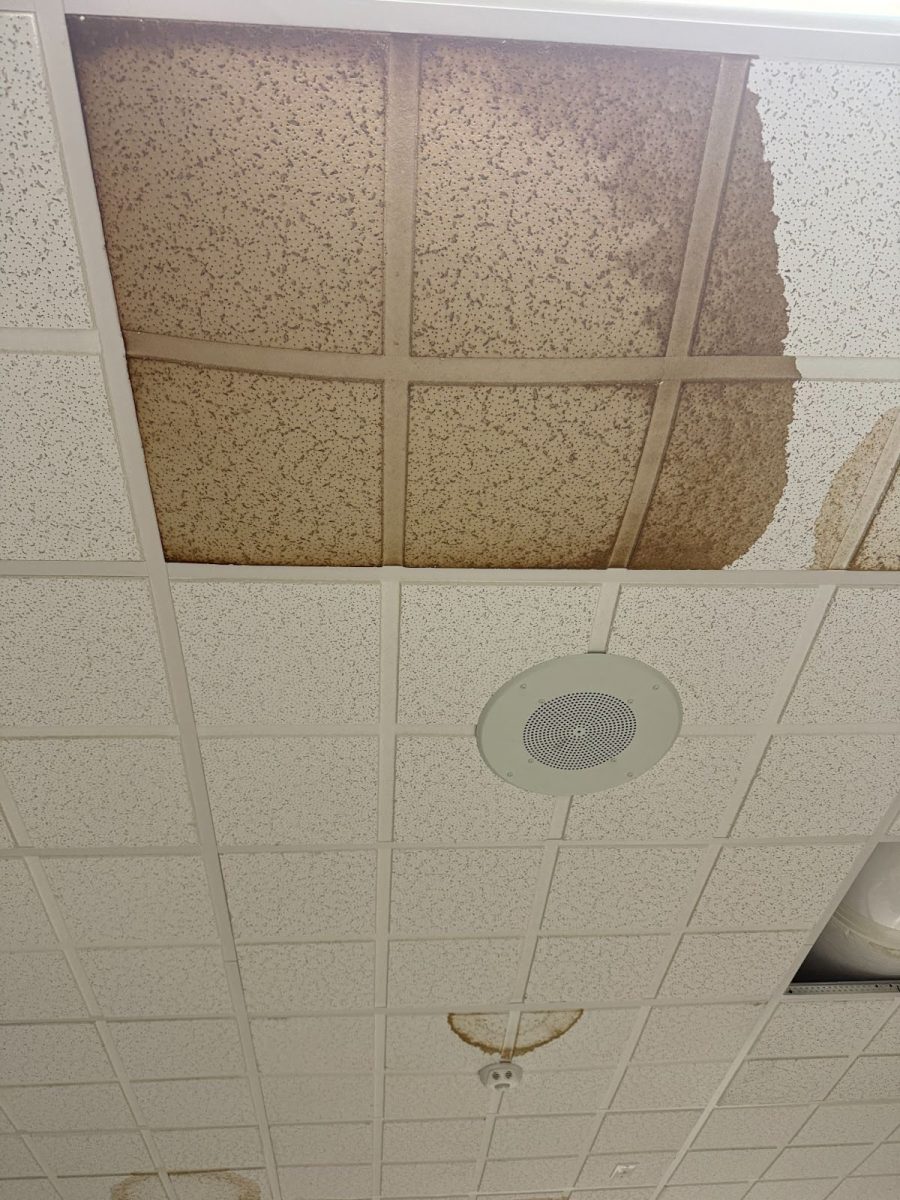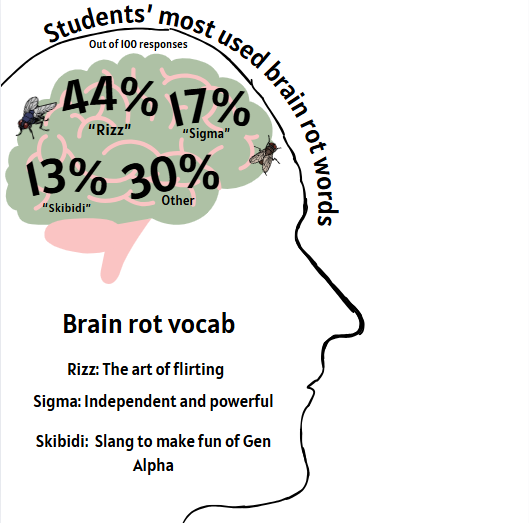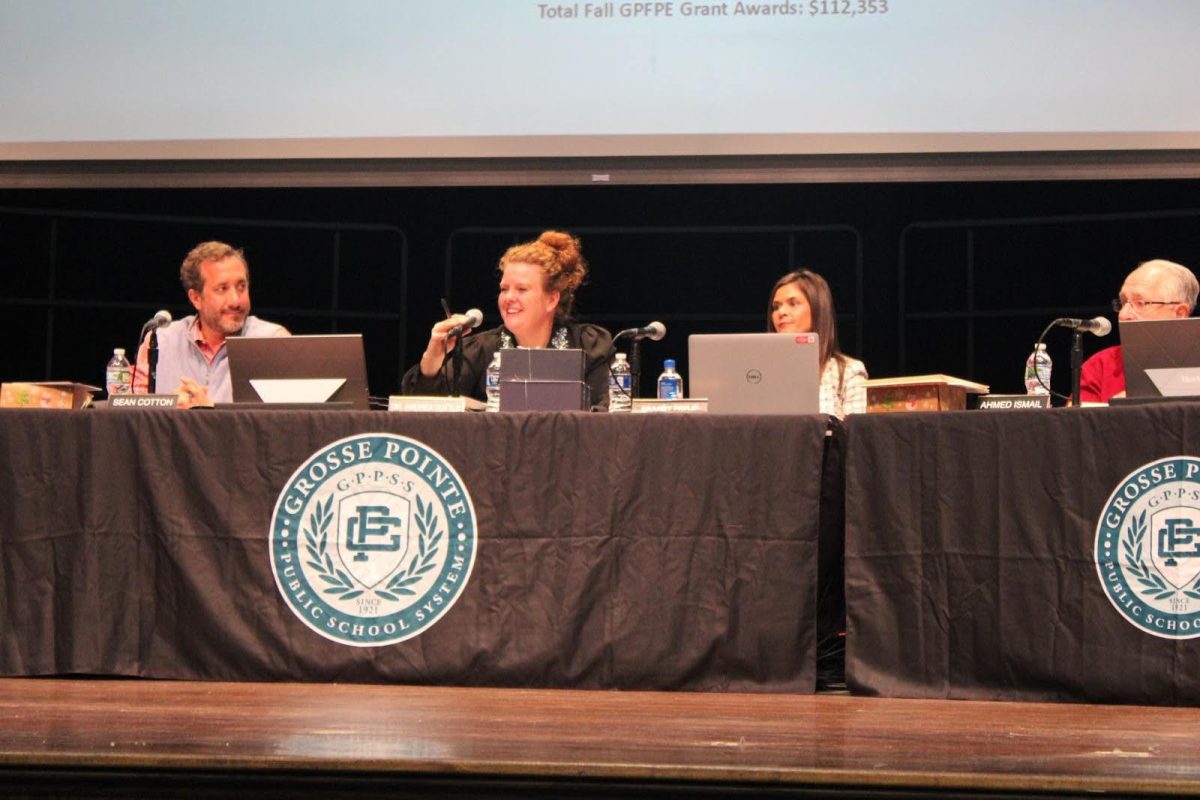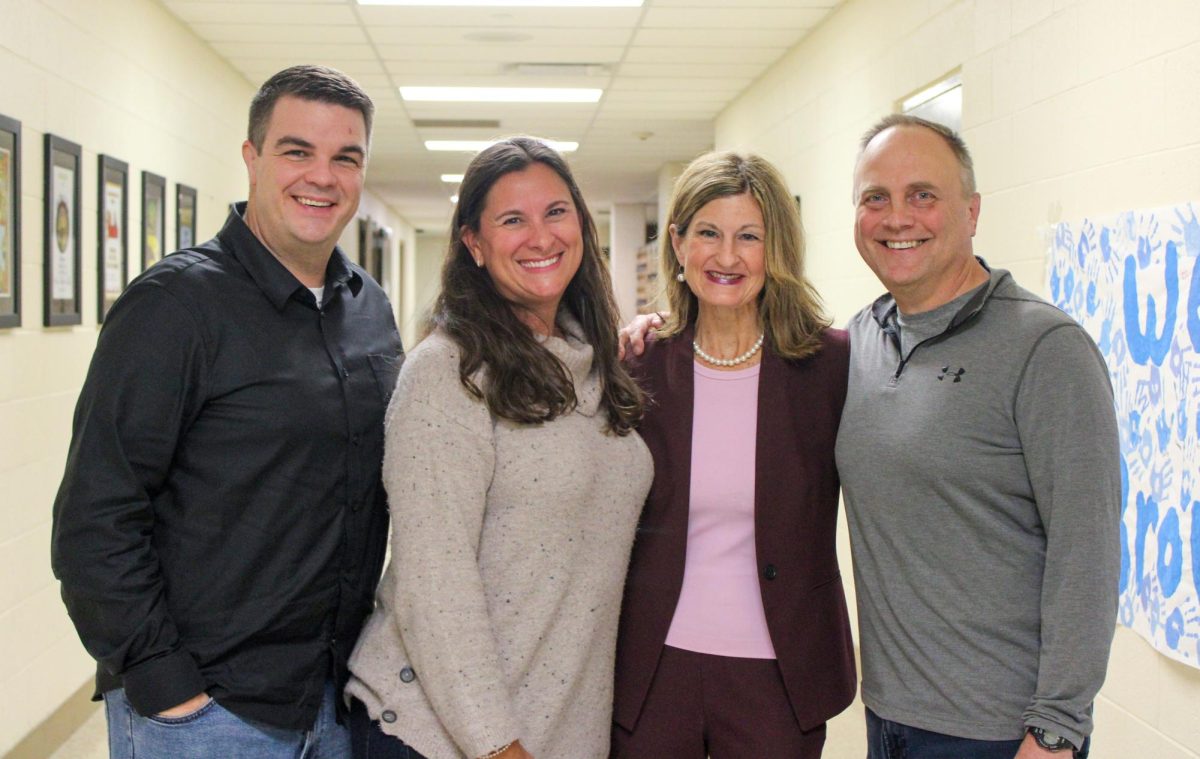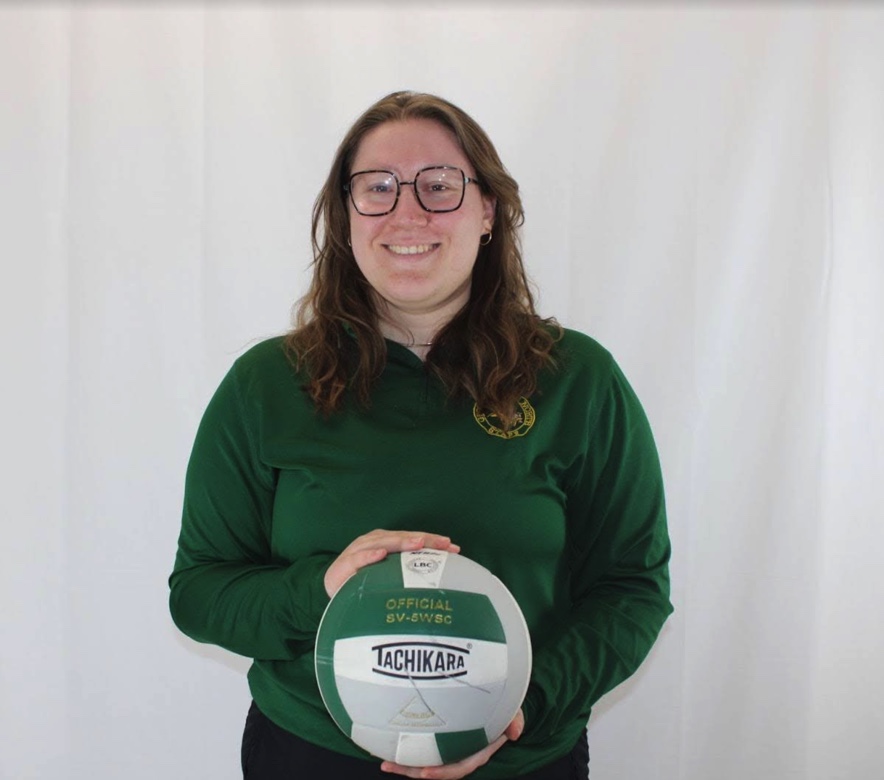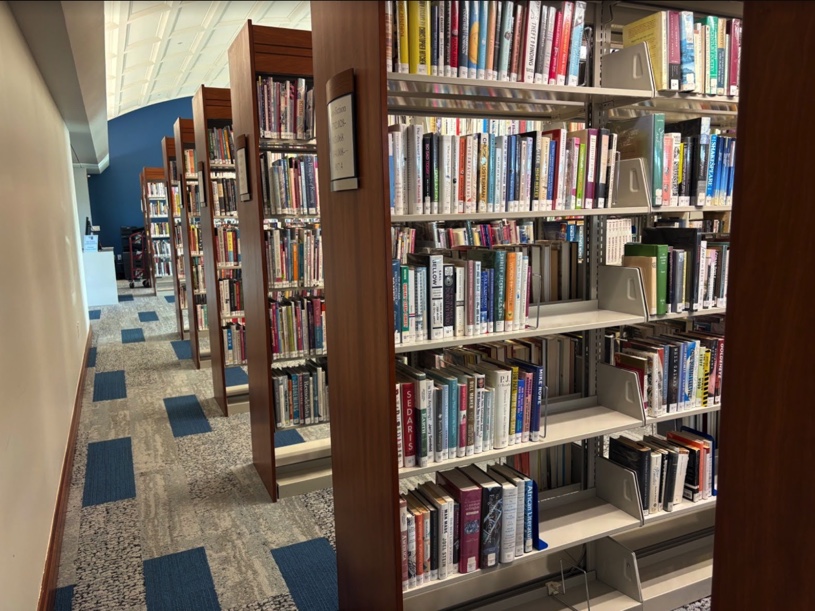
Introducing the Neuralink chip concept in March 2017, founder Elon Musk, aimed to connect human brains to the internet by devices controlled by thought. On Jan. 29 the developed chip got implanted into a person’s brain. It is a small disk inserted into the cerebral cortex, allowing those with disabilities, particularly quadriplegics, to register motion-related thoughts. While some may find the rapid progress of technology overwhelming, like robotics team captain and senior Drew Behringer, others acknowledge its potential impact, helping disabled people virtually move through thought.
Advocating for technology advancement, Behringer sees promise in innovations like the Neuralink chip, as it creates a more effective way to communicate. However, as society gains such advancements, Behringer is aware of the risk of disconnecting from tangible reality.
“Human’s interactions with technology would be incredibly more productive and useful using your brain to communicate as opposed to needing to understand how to make a computer complete the tasks you require,” Behringer said. “A potential downfall I would foresee is that we as a species continue to disconnect with actual reality, and delve deeper into the digital world.”
While Behringer acknowledges the possible downfalls as a result of the Neuralink chip, science teacher Elizabeth Michaels has worries about the constant connection of people to the internet. However, discovering that the Neuralink chip is designed to assist individuals with disabilities, particularly those who are immobilized, shifted Michaels’s viewpoint towards technology in a positive direction.
“Initially I just had a lot of fear about what it means to be connected to a screen 24/7, or the internet 24/7,” Michaels said. “And then when I realized that this was a way to allow people who otherwise would be unable to experience technology on their own it kind of changed my mindset,”
Focusing on the healthcare aspect of Neuralink, Michaels states that the chip holds the potential to revolutionize healthcare. She is confident that the technology behind the Neuralink chip could positively affect disabled individuals by providing them a way to control devices through thought worldwide and pave the way for new medical methods.
“I was reading about how they would charge this chip and it’s similar to what I’ve read before about how we could consider charging mechanical hearts and different things,” Michaels said. “Originally someone would have to wear a battery pack for that and now they might not have to do that.”
Supporting the ongoing implementation of technological innovations in health care, registered nurse Melissa Sexton emphasizes the importance of patient well-being in driving the future progress of Neuralink.
“I think technology has changed medicine for the better,” Sexton said. “We are able to treat patients much more effectively and with better outcomes across the board. Honestly, medicine has advanced so much in the last 40 years [that] the list could be an entire research paper. I believe medicine should keep moving forward with technological advances, while always keeping the well-being of patients in mind.”


